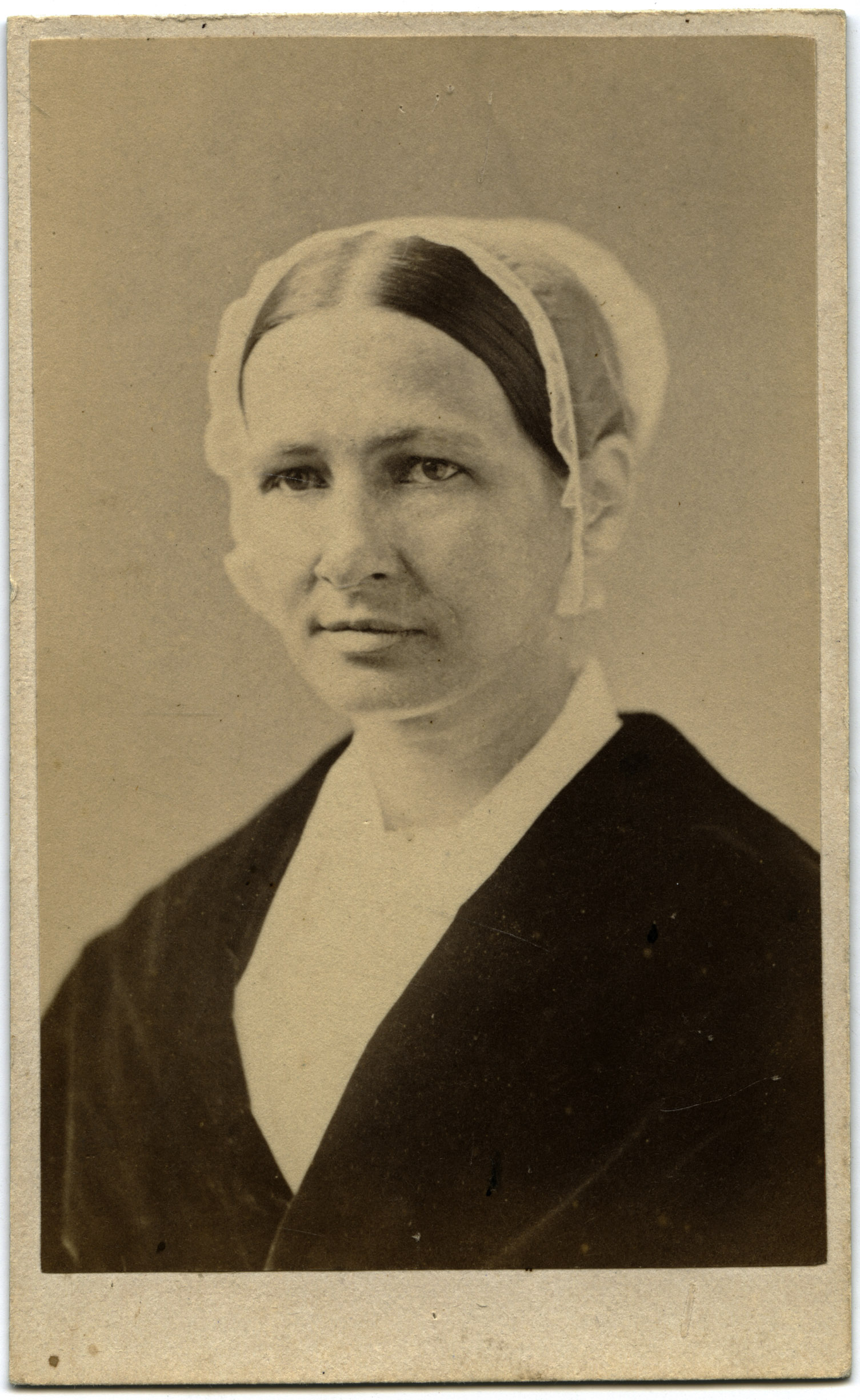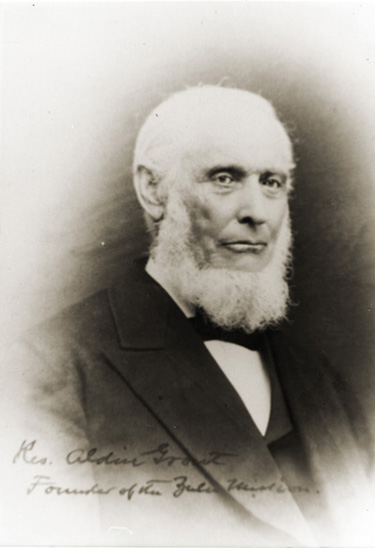Howland Family Papers
The Howland family of East Greenwich, R.I., figured prominently in New England Quakerism during the late eighteenth and early nineteenth centuries and contributed to the state’s public affairs. Brothers Daniel (1754-1834), an approved minister, and Thomas Howland (1764-1845), an educator, were active members of the Society during the tumultuous years between the 1780s and 1840s, caught up in the moral demands for a response to slavery and other social issues and in the divisions wrought by evangelical influences.
Centered largely on the lives of Thomas Howland, his brother Daniel, and Daniel’s son Daniel, the Howland collection is an important record of Quaker life in Rhode Island during trying times. As meeting elders, the Howlands monitored and contributed to the era’s major controversies, and the collection is particularly rich in discussions of the impact of slavery and the passionate struggle between Friends influenced by the evangelically-inclined Joseph John Gurney and the orthodox John Wilbur. Thomas’ complex response to his commitment to the antislavery cause and his fear of disrupting meeting unity is particularly revealing. Also of note is a series of responses from monthly meetings to queries on compliance with Quaker doctrine, obtained during the decade after the American Revolution.

 View the
View the 
